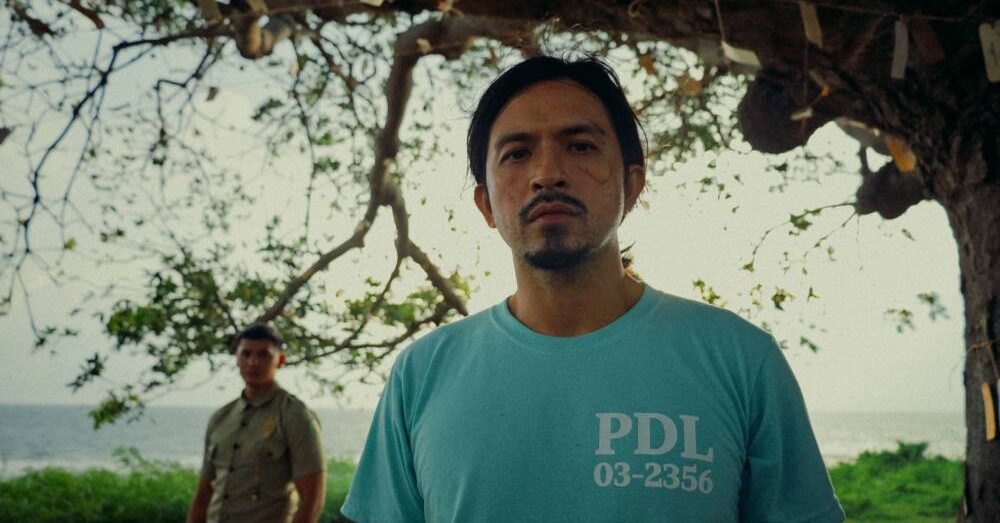
“Are you Chinese or are you Filipino?”
“Many of your ancestors are from China, so why do you consider yourself a Filipino?”
“Even if you are Filipino, what good can you do for the Philippines anyway?”
In an era more tolerant of people of different ethnicities, one would think that questions like these would cease to be asked. But with the recent spate of anti-Asian incidents in the United States, we see that many in the world are still somewhat misunderstanding to people of different ethnicities. From a Philippine context, hues of mistrust are still experienced by Chinese-Filipinos.
I myself am a Chinese-Filipino. Though I may not be “pure” or “full” Chinese—my surname shows my Spanish ancestry—the Chinese heritage is still very traceable.
My dad comes from the Tan-Gatue family, historically a proud flag-making family. So, I come from the Tan clan. One of my great-great-grandmothers was apparently also a Sy. My mom, too, has Chinese ancestry, albeit less traceable than my dad’s. I’m proud of that side of me: my Chinese side.
But I’m also proud to be a Filipino citizen, and many fellow Chinese-Filipinos feel the same. Many of us were born and raised in the Philippines. We have a stake and have valid feelings on how our country is doing now in this time of pandemic and how slow it has been to advance technologically.
To be honest, though, that should motivate us even more! Change will never happen if we—the Filipino people—won’t act. We Chinese-Filipinos have the capability to bring lasting change to the country. In fact, many have already done so.
Making their mark
Of course, we all know all about the taipans. But here, I also think of the Chinese-Filipinos who’ve made their marks in different areas, education included. I think of the people who have small businesses. I think of restaurant owners whose businesses and cuisines give both color and life to Filipino cuisine.
I think of the medical doctors and nurses who tirelessly serve in this time of pandemic. I think of the young people who own online businesses and who work hard. Who are we to say that these people aren’t Filipinos? I guess it all boils down to these questions. First, is it wrong to be proud of the ethnicity of my ancestors and love the country I grew up in? Second, why do you love the Philippines anyway?
To the first, I say no, it isn’t wrong.
To the second, well, the simple answer is, I’m a Filipino! I’m a Filipino citizen. I grew up here, I live here, I studied here, I work here and this is my home. This will probably also be the home of my future children. I interact, eat, bond and work with my fellow Filipinos in our common home, the Philippines. I’m willing to work for my home to make it a better place, even in small ways. Of course, we only want the best for our homes, don’t we?
And so, what’s the point of all this?
The point is this: Yes, I love my Chinese ancestry. I love the wonderful aspects of the Chinese and Chinese-Filipino culture. I can speak Mandarin and Minnan to some extent. I support the many good aspects that come from a healthy relationship between the Philippines and China.
(Here, I think about a new friend I made. He’s a foreign student from China studying in the Philippines and even now in this time of pandemic lives among us Filipinos.)
But the point is also this: At the end of the day, I am a Filipino and I am proud to be one. As I always say, we Chinese-Filipinos are both Chinese and Filipino, not just one or the other. We are Chinese by blood but Filipino by heart. —CONTRIBUTED
The author is a producer for CHiNOY TV, member of the Philippine Association for Chinese Studies, constituent of Ateneo de Manila University Chinese Studies Program.This article was originally published on CHiNOY TV.













































